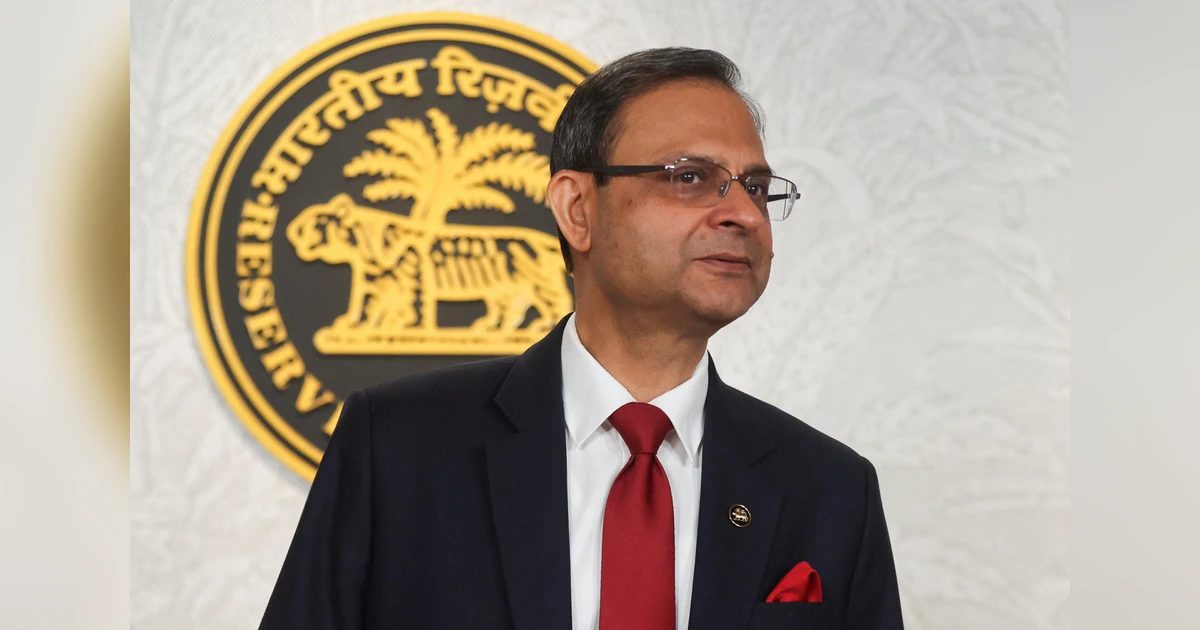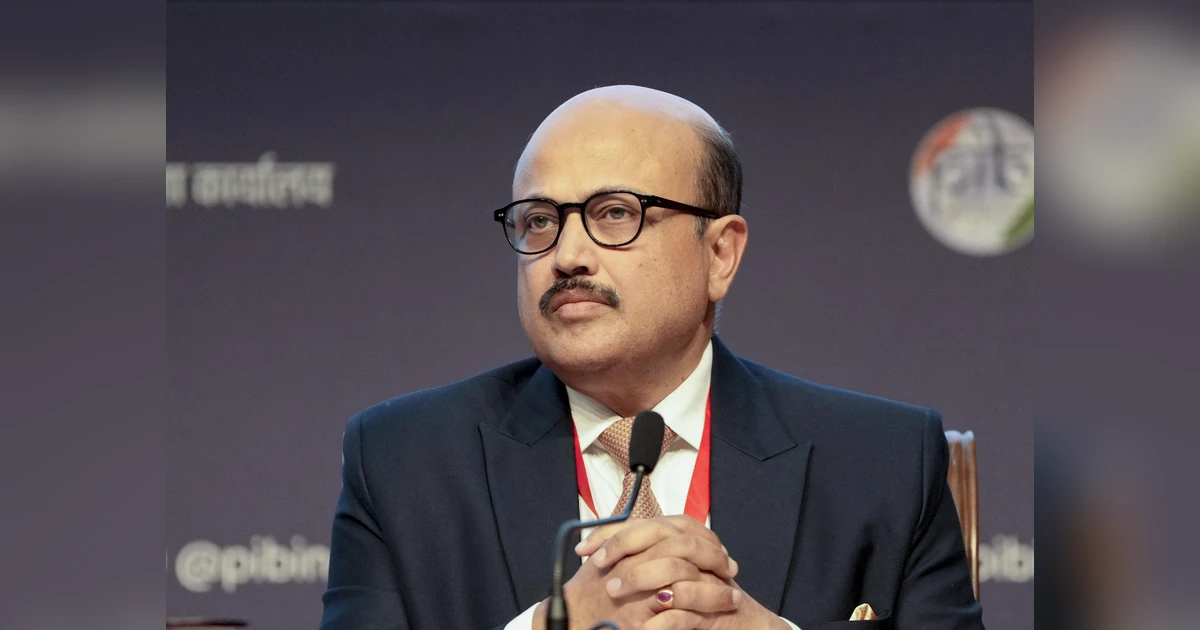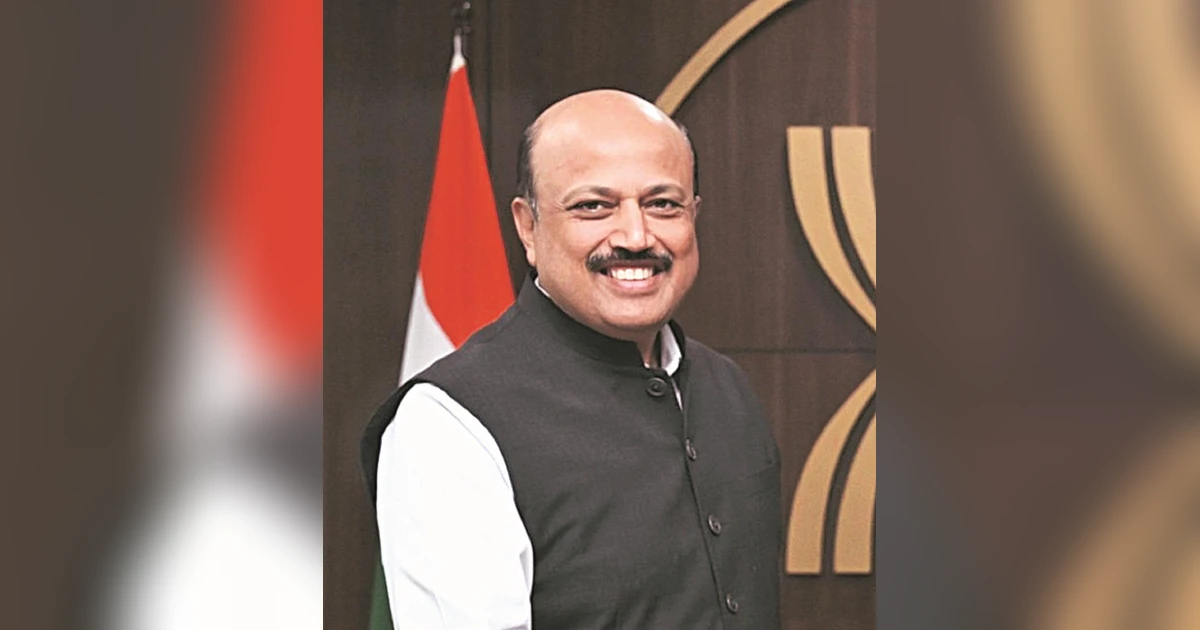Public sector undertakings (PSUs) looking to privatise their subsidiaries will have to undertake extensive due diligence of qualified bidders that will include status of insolvency court cases, probe by investigative agencies as well as security and political clearance.
As per the guiding principles for privatisation of units shared with government departments on Tuesday, PSU board shortlisting their subsidiary or units will have to appoint transaction and legal advisers who will be required to obtain a “security/political clearance” of qualified bidders. An approval on national security grounds, and permission for foreign investments will have to be obtained from relevant government ministries through the parent department of the PSU.
Besides this, vetting of bidders for ongoing court cases, investigation by agencies such as Serious Fraud Investigation Office (SFIO), among others will be undertaken. This will also include checks for any revelations that cast doubt on bidders ability to close the transaction such as a winding up order, liquidation proceedings or company being struck off from the register of companies or any other proceedings that are of similar nature as a fraud, or fraud committed by companies’ promoters or directors.
In June 2022, Union Cabinet had empowered boards of PSUs to suggest and undertake the process for strategic disinvestment, minority stake sale, stake in joint ventures (JVs), and closure of any of their subsidiaries. PSU boards have been asked to form a sub-committee to assist in such transactions.
The due diligence process draws inspiration from the centre’s process of privatisation which was amended to seek legal declaration from bidders that they have not been convicted by any court, indicted or received any adverse order from regulators for a grave offence. Conviction by a court is seen as a premise for disqualification. These changes were introduced after the Centre announced successful bidders of Central Electronics and Pawan Hans, and later found the entities had adverse court orders against them. The government is in the process of dropping the sale of CEL to Nandal Finance and Leasing as the winning bidder has a winding up petition filed by Registrar of Companies over alleged money laundering.
PSUs looking to privatise their units will have to follow a transparent and competitive bidding process for strategic disinvestment as currently followed for all privatisation proposals. The eligibility criteria for participation will have to finalised in a way that promotes competition. They will have to record justification for disqualification of bidders and communicate the same to interested parties, and document the entire decision making process for the sale.
As per the process for privatisation of PSU units, minority sale and stake sale in JVs shared by the Department of Investment and Public Asset Management (DIPAM), boards will recommend mode of transaction to their administrative department.
The department will examine the proposal and recommend the same to DIPAM. The divestment department will then seek approval of the alternative mechanism that comprises Finance MInister, Minister of Roads, Transport and Highways and Minister of Administrative ministry for in-principle approval. Once in-principle approval is received, PSU boards will undertake the transaction.
For stake sale in JVs, PSUs have been asked to adhere to the exit methodology contained in the shareholders agreement with existing partners. In case of specific condition such as the right of first refusal present in agreement with other shareholders for future disinvestment or sale of shares, the agreement must be followed. In such cases, sale must be carried out in line with the agreed upon terms with other shareholders. In absence of right to first refusal clause, the PSUs can sell minority stake with or without transfer of management control.
For stake sale with transfer of management control in JVs, as well as their subsidiaries, PSUs will have to appoint intermediaries to manage the transaction and prepare share purchase agreement. Valuation of the shares will have to be conducted through professional valuers. The same process will have to be followed for minority stake sale in unlisted joint venture and subsidiary companies without transfer of management. For minority stake sale in listed JVs and subsidiaries, intermediaries will have to be appointed for conducting valuation and sale.
In case of sale of stake in JVs and subsidiaries–with or without transfer of management control–to state government or other PSUs, in-principle approval of Alternative Mechanism may be taken after giving “adequate justification” for such a sale. For sale in listed entities to state governments or other PSUs, methods approved by Securities and Exchange Board of India may be followed.
 Dear Reader,
Dear Reader,
Business Standard has always strived hard to provide up-to-date information and commentary on developments that are of interest to you and have wider political and economic implications for the country and the world. Your encouragement and constant feedback on how to improve our offering have only made our resolve and commitment to these ideals stronger. Even during these difficult times arising out of Covid-19, we continue to remain committed to keeping you informed and updated with credible news, authoritative views and incisive commentary on topical issues of relevance.
We, however, have a request.
As we battle the economic impact of the pandemic, we need your support even more, so that we can continue to offer you more quality content. Our subscription model has seen an encouraging response from many of you, who have subscribed to our online content. More subscription to our online content can only help us achieve the goals of offering you even better and more relevant content. We believe in free, fair and credible journalism. Your support through more subscriptions can help us practise the journalism to which we are committed.
Support quality journalism and subscribe to Business Standard.
Digital Editor


 Dear Reader,
Dear Reader,

